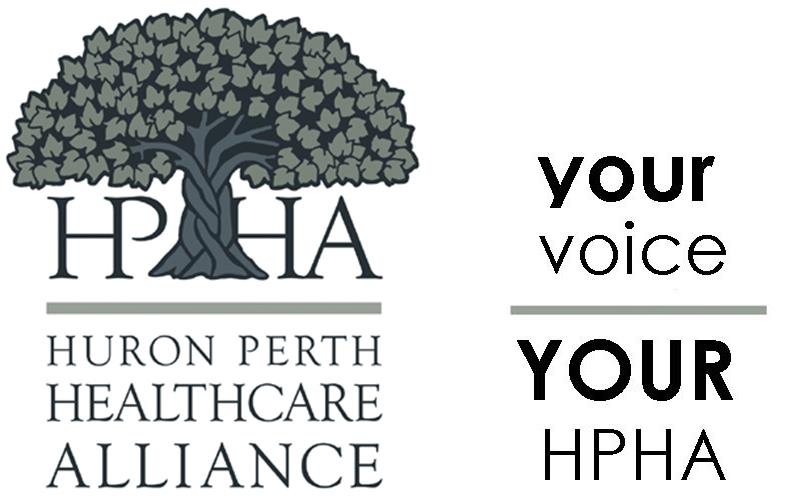There are 25 residents of Stratford’s Cedarcroft Place Retirement Residence in area hospitals. Andrew Williams, the President and Chief Executive Officer of the Huron Perth Healthcare Alliance says the residents were moved between Saturday and Monday this week. He says the majority of the residents that were relocated have non-COVID-19 related illnesses.
Williams tells MyStratfordNow.com that area hospitals are at capacity and “are full” but so far, no elective surgeries have had to be cancelled. That’s an alarm provincial health officials have been sounding as COVID-19 cases surge across the province and concerns rise about overcapacity in hospitals.
Williams says focusing on managing capacity is a daily conversation, “Working with other providers, with the Local Health Integration Network to make sure that people are in the right location. It is not uncommon for all hospitals to have people in their beds who are waiting for service elsewhere. So, when we are dealing with a crisis like this where we need to suddenly need to ramp up capacity, we either go to an overbed situation or we elevate the focus on moving people out of the hospitals to other sectors such as long-term care, home with homecare support. It’s a focus for us always with the pandemic and with the situation locally obviously it is elevated and is an area we spend a lot of time and energy on working with families and patients, our staff are [sic]very committed to it.” Williams says hospital patients waiting for long-term care could be moved to a 10-bed transition setting at a retirement home in Seaforth the LHIN is currently setting up.
Williams explained that the overbed capacity at Stratford General Hospital is a four-bed area created in a lounge at the hospital. He says right now they are comfortable with the pressures on the system and have a plan in place, “We could activate [the plan] if we needed to that would cause us to reduce certain services to free up beds for COVID patients. We haven’t had to reduce services at this point and obviously, our focus is not to do that. But we do have plans in place that allow us to adjust.”
Williams says when the outbreak began at Cedarcroft it wasn’t just residents affected, “So the staff that were [sic] typically available to support the residents at Cedarcroft weren’t there in the numbers that were required. So, we have an oversight group for pandemic planning across the region and when we have outbreaks of this nature, we all work together and we identify ways to work with one another.”
Williams says all the staff that went to Cedarcroft did so on a volunteer basis to “go into that environment.” But he says it is part of the accountability to deal with the pandemic and support one another. He says the regular staff of Cedarcroft is starting to return to work and the reduction in the need for additional staff is starting to be seen. There will be a meeting on Wednesday or Thursday this week to discuss with Cedarcroft leadership additional needs. Williams says HPHA wants to be there to support but doesn’t need to be there when their staff is ready to “come back on.”
Williams says this has been an emotionally challenging time for a lot of people and “our hearts go out to those that have been affected by this. I always want to give a shout out to how incredibly proud and impressed I am with the way the team has stepped forward at Cedarcroft, staff from the HPHA, physicians, public health, our EMS partners, local health integration, really impressive with how focused we’ve been on doing what’s best for the residents at the moment.”






